

Spotlight on Rong Xin Liu, TL1 Pre-Doctoral Trainee
By Kelly Hale , Marketing & Communications Specialist
Feb 08, 2024
TL1 Project Title: Immune Checkpoint Inhibitors Reverse Leukemia Microenvironment Immunosuppression
TL1 Project Overview: Rong Xin’s project aims to investigate the role of immune checkpoint inhibition in acute myeloid leukemia (AML) using an in vitro 3D biomimetic matrix model. AML is an aggressive blood and bone marrow cancer that involves the overproduction of abnormal blood cells. The T cells of the immune system play an important role in killing AML cells. However, there are many ways that the AML cells can evade the attack by the T cells through the support from the AML microenvironment, and the T cell activity can be suppressed through the mechanism of immune checkpoints. Using the 3D matrix model that mimics the human AML microenvironment, we can better understand the interactions between these cells and demonstrate that the suppressed T cell activity can be reversed to efficiently attack AML cells by blocking the immune checkpoints such as PD-1 and LAG-3. We hope this work can provide supportive evidence for developing immunotherapy that can benefit patients with AML.
Mentors: Haitham Abdelhakim, M.D., University of Kansas Medical Center; Andrew K. Godwin, Ph.D., University of Kansas Medical Center
Rong Xin Liu is a University of Kansas pharmacy student who wanted to learn and use the knowledge she learned to help patients and improve their health. Not only does she want to help patients with their medications, but she is also interested in pursuing a research career that can generate knowledge to help more needy patients. She was amazed by the development of various medications that benefit many patients and is highly motivated to acquire more knowledge and skills in research.
“Working in a basic science lab and learning about clinical research through the TL1 program provides me with a unique learning experience,” she said. “The program is a great way to prepare for my future career in research. I have realized that I want to do both research and clinical work in the future. I think clinical work will give me exposure to what is out there and collaborating with patients to see the impact.”
Her favorite part of the program so far has been working on her TL1 project, as she is enjoying lab bench research and learning about different techniques for working with cells. On the other hand, she also finds other courses in the Master of Science in Clinical Research (MS-CR) degree program interesting and useful.
“In biomedical informatics class, we learned about how to use informatics concepts to investigate and clean health system data and how research using data from EHR is conducted,” she said. “The systematic review class also provided us useful tools in pooling available evidence from literature to help us answer research questions of interest.”
The importance of mentorship has not been lost on her. “Getting close mentorship will help me develop an independent career later on because you learn so much from each of your mentors, and you’re learning different things that help you in your future career,” she said. She is very thankful for the mentorship support she received through the TL1 program.
After she completes the TL1 program, Rong Xin Liu will finish her final year of rotation in pharmacy school and then look into postgraduate training programs such as a fellowship or residency or applying to a Ph.D. program.
Latest Articles
View All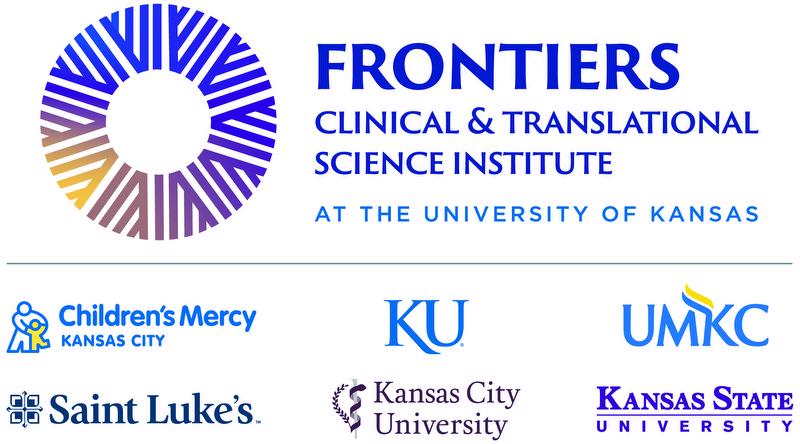 Funded Projects · News
Funded Projects · News
 TL1 Trainee · News
TL1 Trainee · News
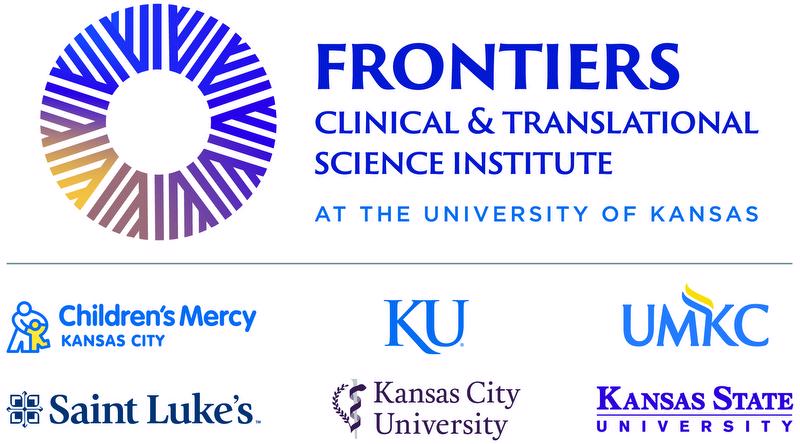 Funded Projects · News
Funded Projects · News
 TL1 Trainee · News
TL1 Trainee · News
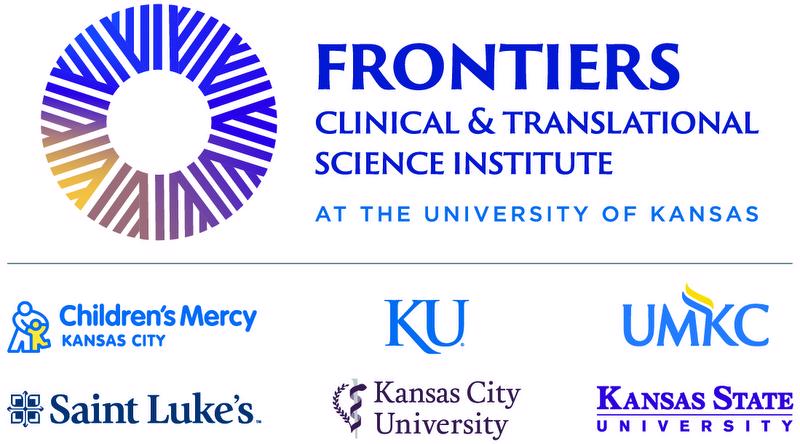 Funded Projects · News
Funded Projects · News
 TL1 Trainee · News
TL1 Trainee · News
 KL2 Scholar · News
KL2 Scholar · News
 Funded Projects · News
Funded Projects · News
 Funded Projects · News
Funded Projects · News
 TL1 Trainee · News
TL1 Trainee · News
 KL2 Scholar · News
KL2 Scholar · News
 Funded Projects · News
Funded Projects · News
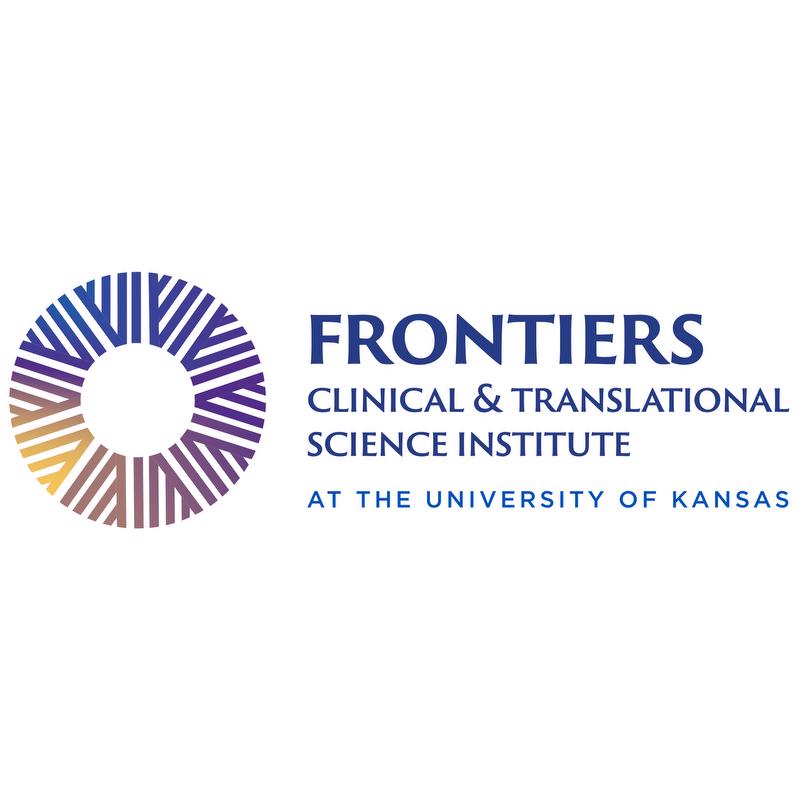 News
News
 TL1 Trainee · News
TL1 Trainee · News
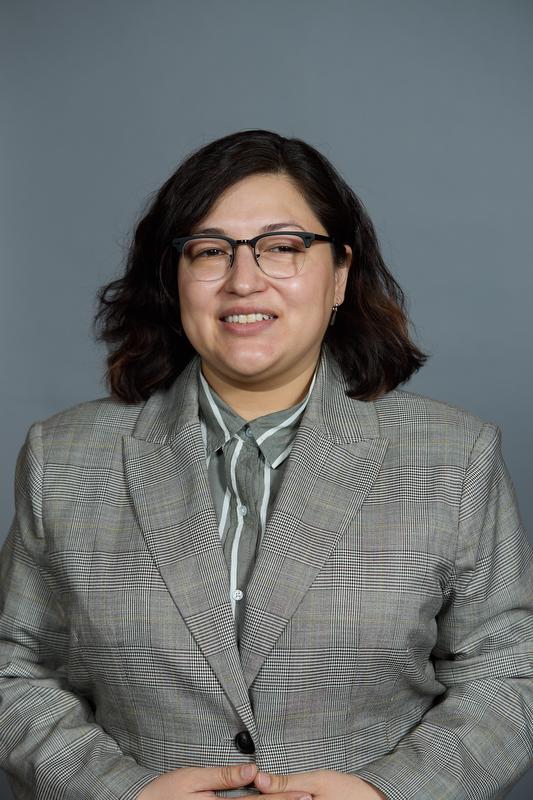 News
News
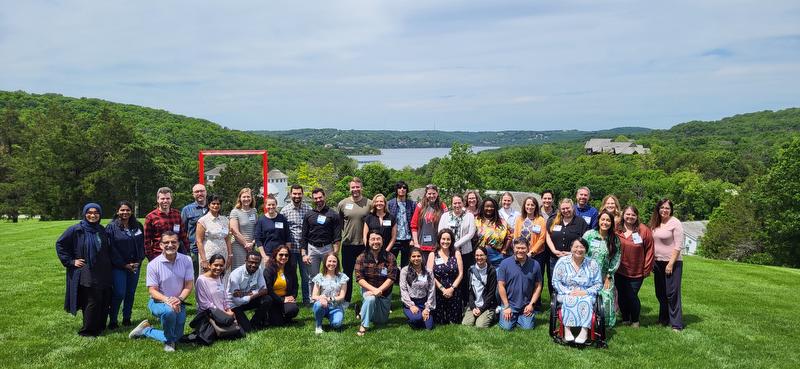 News
News
 Funded Projects · News
Funded Projects · News
 TL1 Trainee · News
TL1 Trainee · News
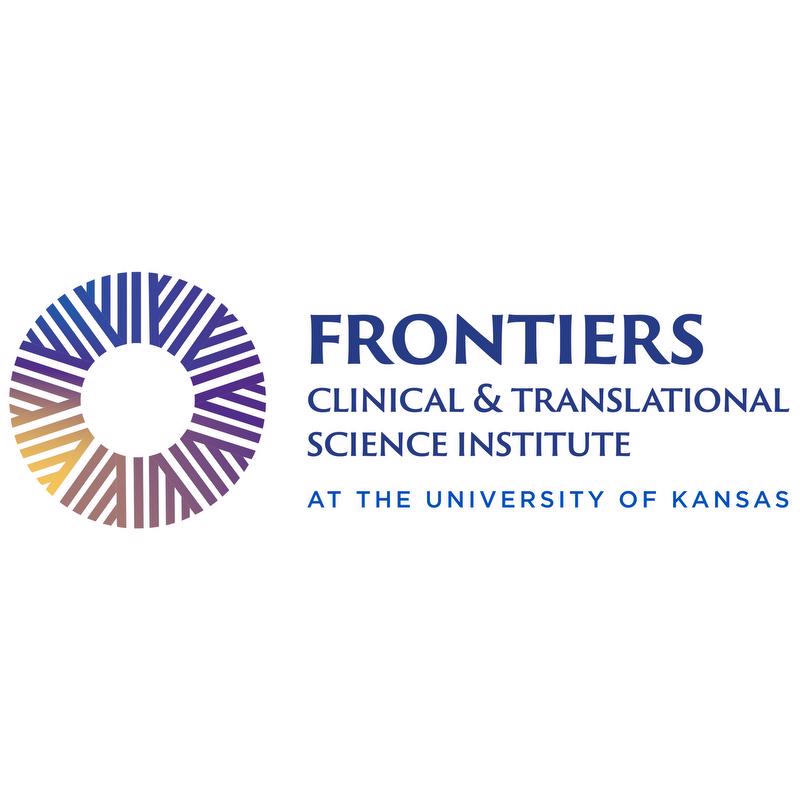 Events
Events
 TL1 Trainee · News
TL1 Trainee · News
 News
News
 TL1 Trainee · News
TL1 Trainee · News
 KL2 Scholar · News
KL2 Scholar · News
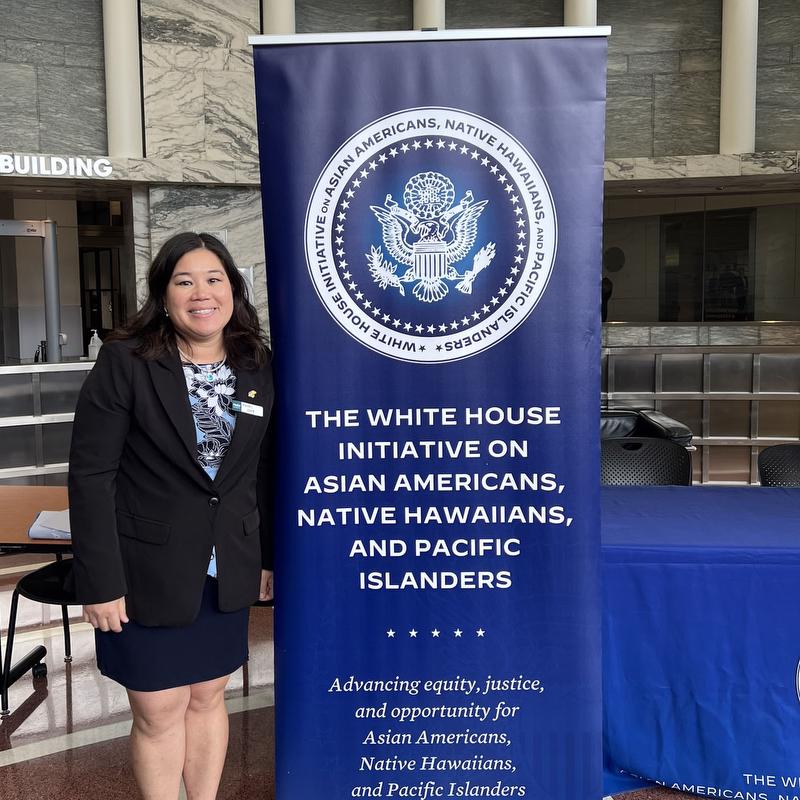 News
News
 KL2 Scholar · News
KL2 Scholar · News
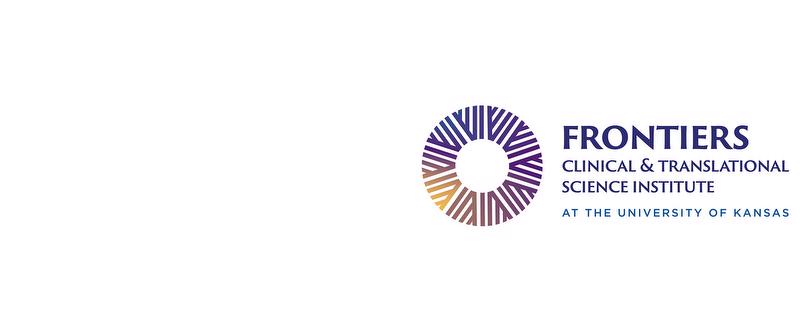 Funded Projects · News
Funded Projects · News
 News
News
 TL1 Trainee · News
TL1 Trainee · News

 TL1 Trainee · News
TL1 Trainee · News
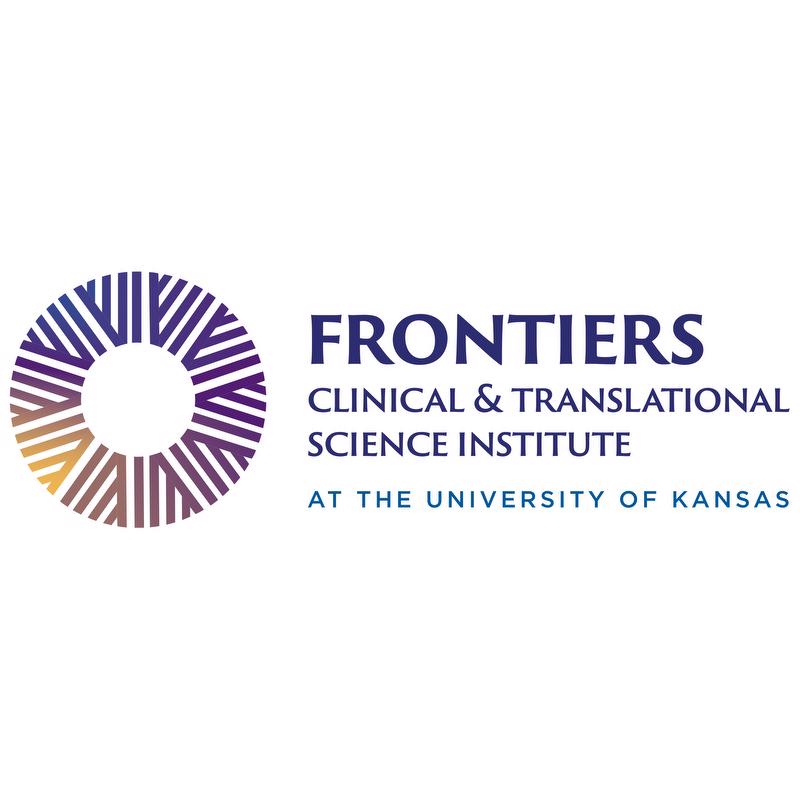 Services · News
Services · News
 News
News
 Funded Projects · News
Funded Projects · News
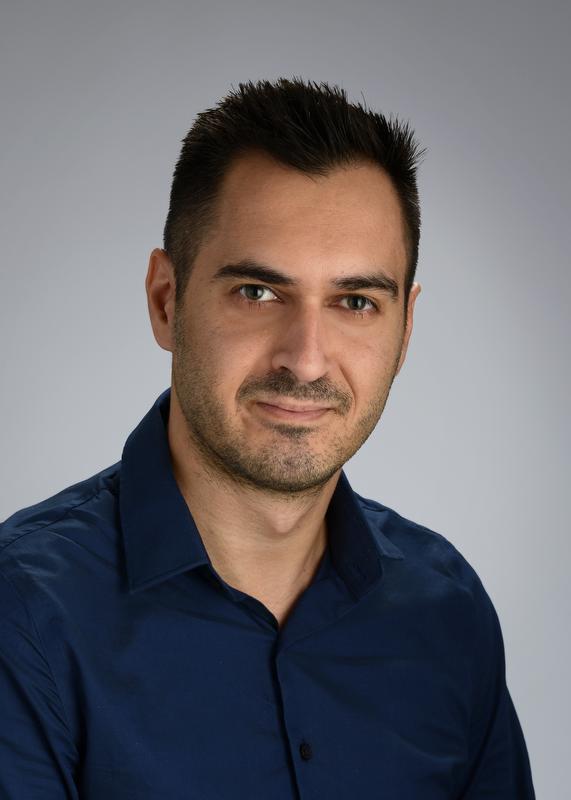 Funded Projects · News
Funded Projects · News
 Funded Projects · News
Funded Projects · News
 TL1 Trainee · News
TL1 Trainee · News
 KL2 Scholar · News
KL2 Scholar · News
 Funded Projects · News
Funded Projects · News
 News
News
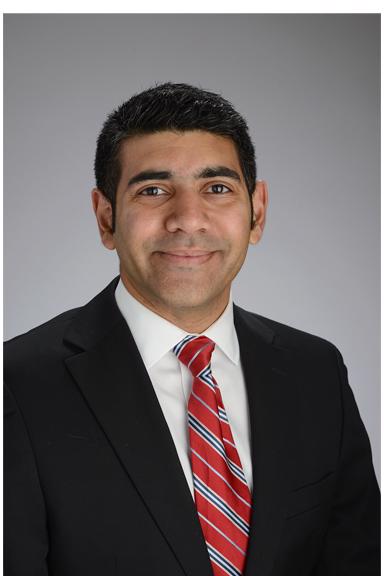 News
News
 News
News
 News
News
 News
News
 News
News
 News
News
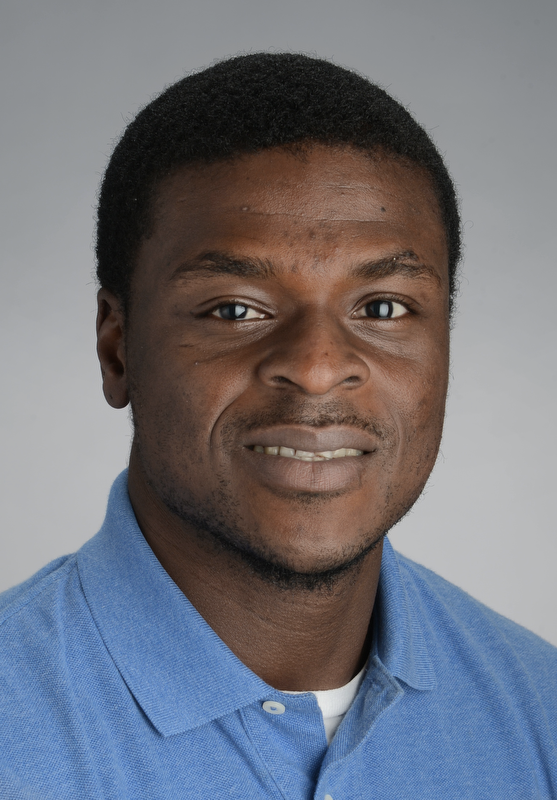 News
News
 News
News
 News
News
 News
News
 News
News
 News
News
 News
News
 Funded Projects · News
Funded Projects · News
 Funded Projects · News
Funded Projects · News
 KL2 Scholar · News
KL2 Scholar · News
 News
News
 News
News
 KL2 Scholar · News
KL2 Scholar · News
 KL2 Scholar
KL2 Scholar
 News
News
 News
News
 KL2 Scholar · News
KL2 Scholar · News
 News
News
 News · In the Community · Funded Projects
News · In the Community · Funded Projects
 Funded Projects · News
Funded Projects · News
 Funded Projects · News
Funded Projects · News
 Funded Projects · News
Funded Projects · News
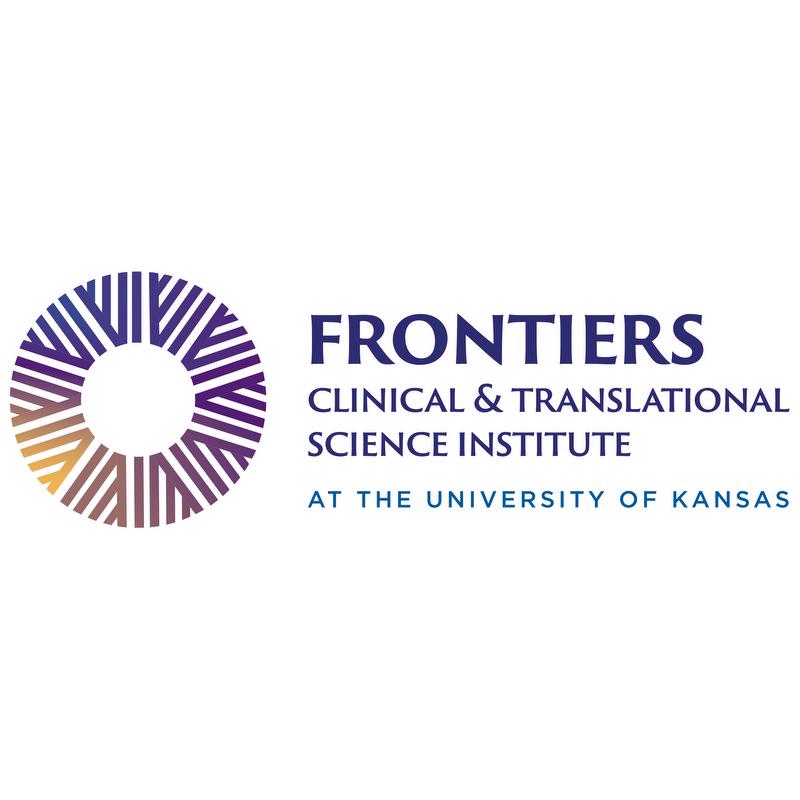 Funded Projects · News
Funded Projects · News
 News
News
 Funded Projects · News
Funded Projects · News

 TL1 Trainee · News
TL1 Trainee · News
 Funded Projects · News
Funded Projects · News
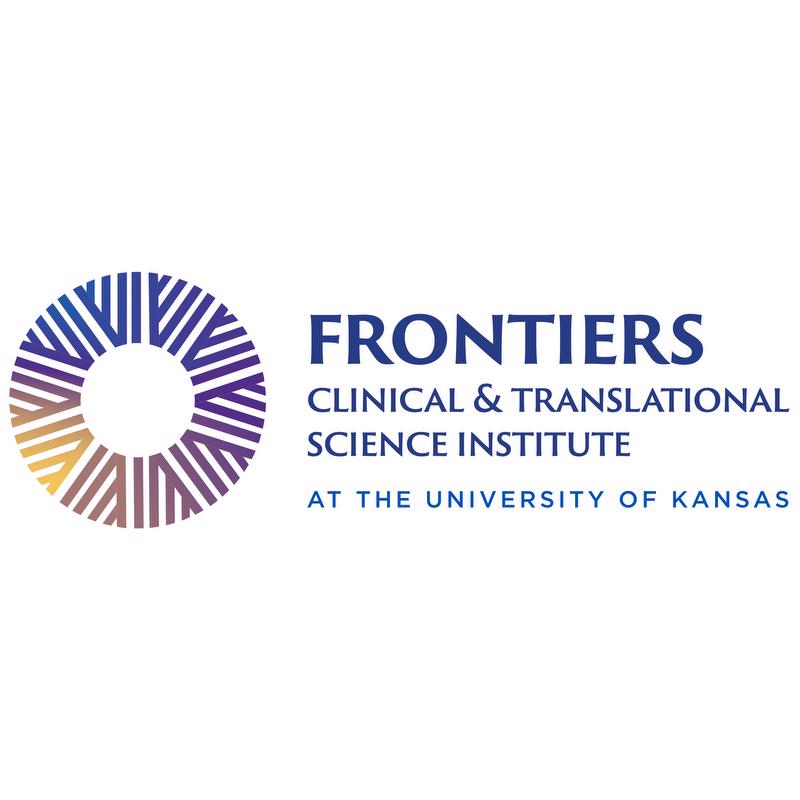 Events · News
Events · News
 Funded Projects · News
Funded Projects · News
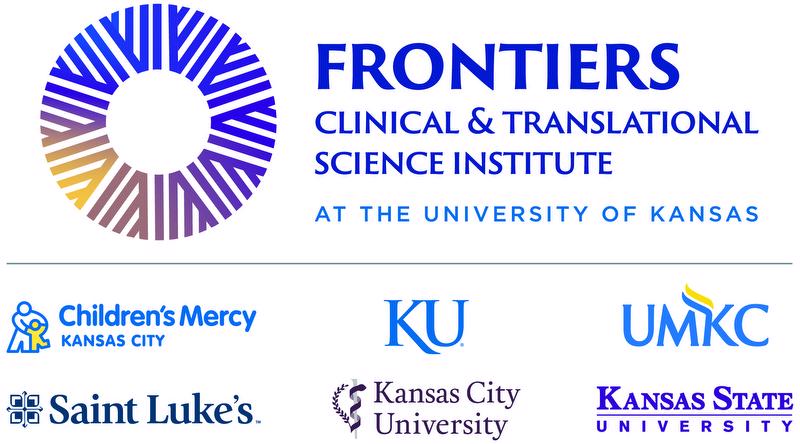
 Funded Projects · News
Funded Projects · News
 TL1 Trainee · News
TL1 Trainee · News
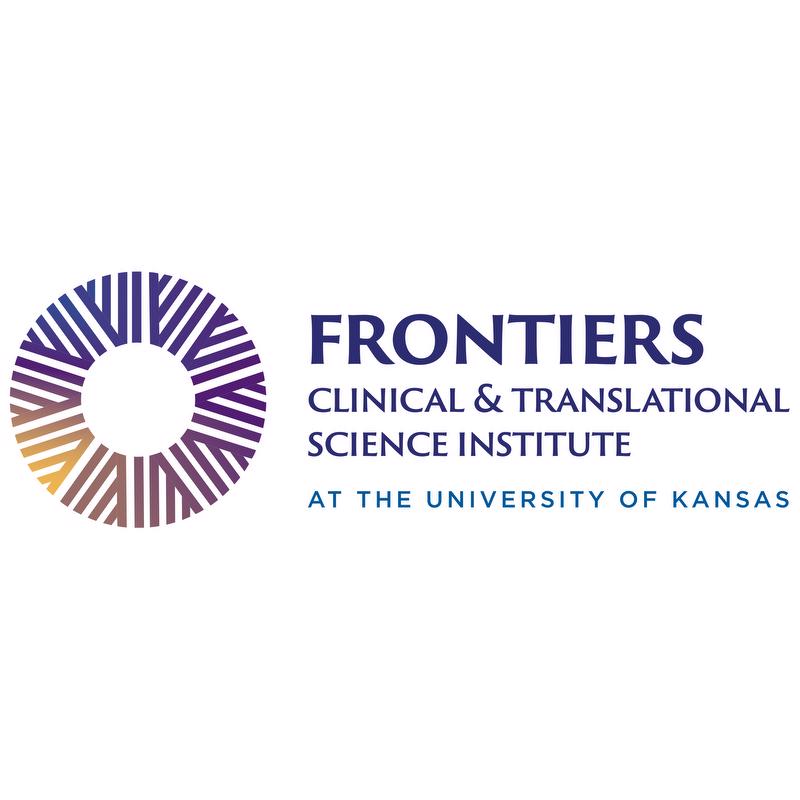 News · In the Community · Funded Projects
News · In the Community · Funded Projects
 Funded Projects · News
Funded Projects · News
 KL2 Scholar · News
KL2 Scholar · News
 TL1 Trainee · News
TL1 Trainee · News
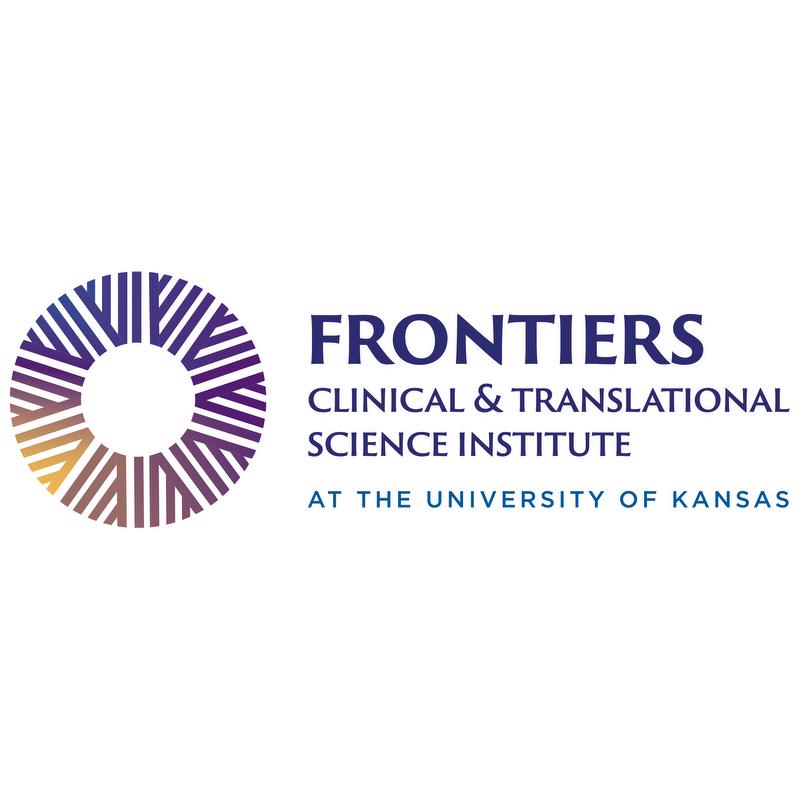 News
News
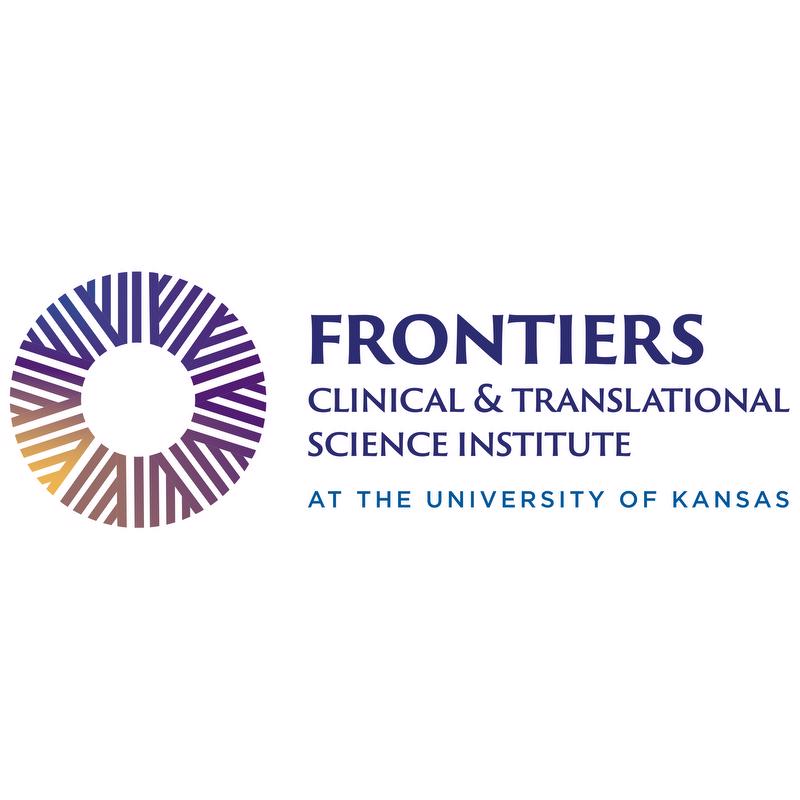 News
News
 KL2 Scholar · News
KL2 Scholar · News
 TL1 Trainee · News
TL1 Trainee · News
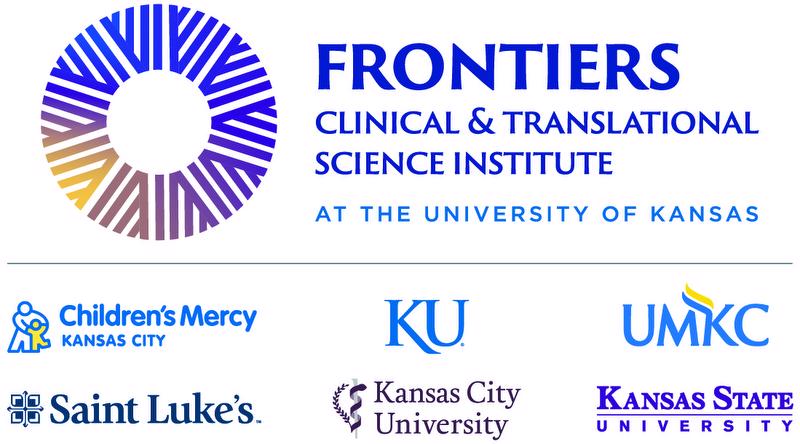 News
News
 News
News
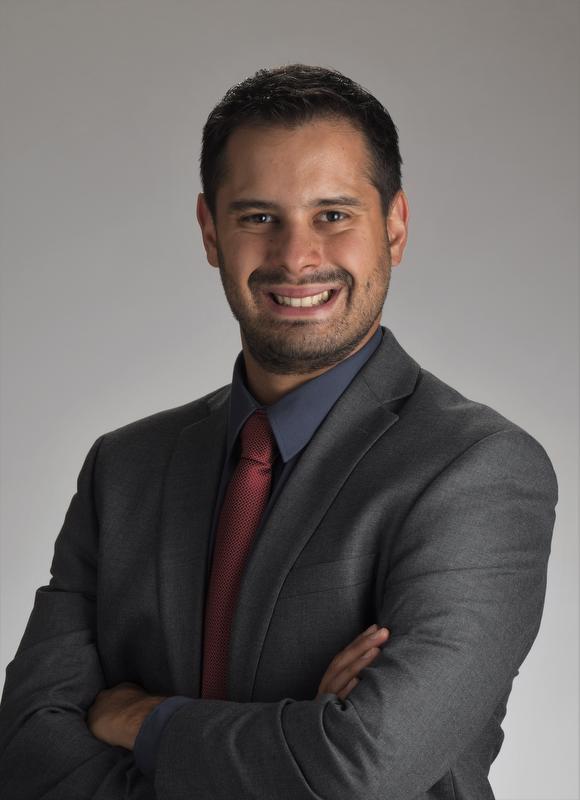 Funded Projects · News
Funded Projects · News
 Events · News
Events · News

 KL2 Scholar · News
KL2 Scholar · News
 News
News

 Funded Projects · News
Funded Projects · News
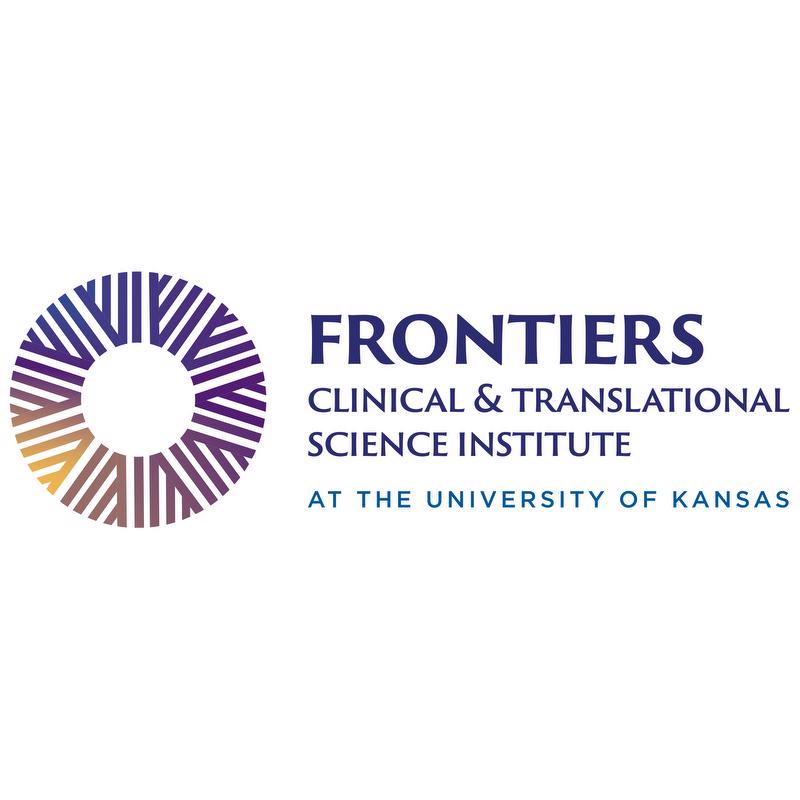 News
News
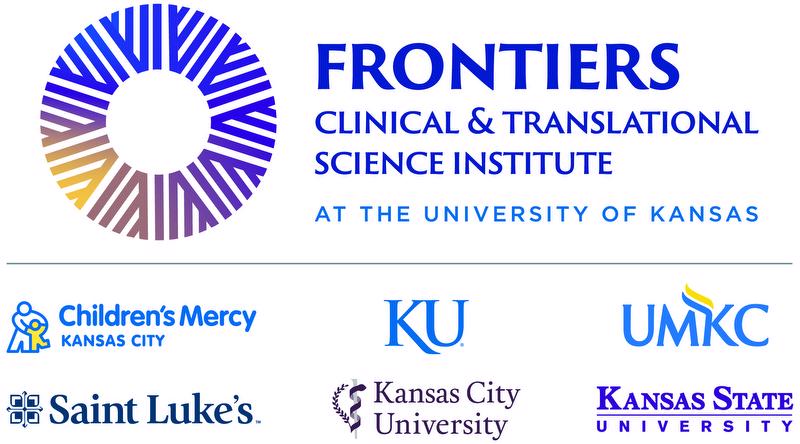 Partner News · News
Partner News · News
 News · In the Community
News · In the Community

 0
0

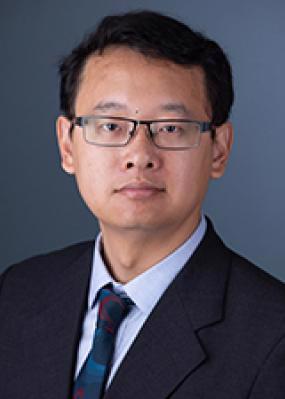 Funded Projects · News
Funded Projects · News
 Funded Projects · News
Funded Projects · News
 News
News
 Funded Projects · News
Funded Projects · News
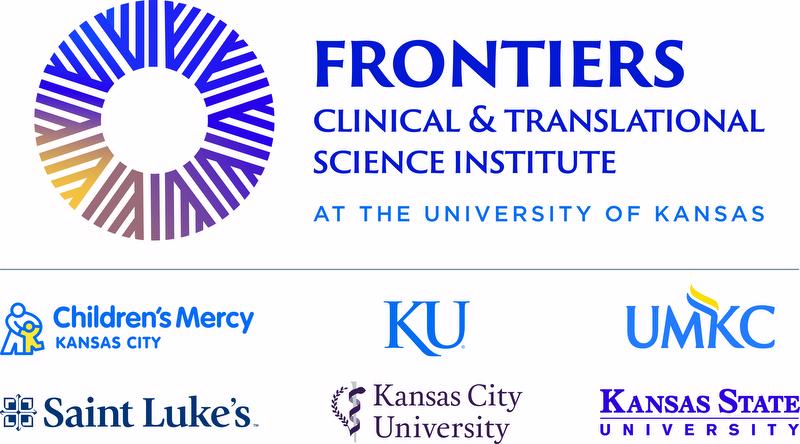 Funded Projects · News
Funded Projects · News
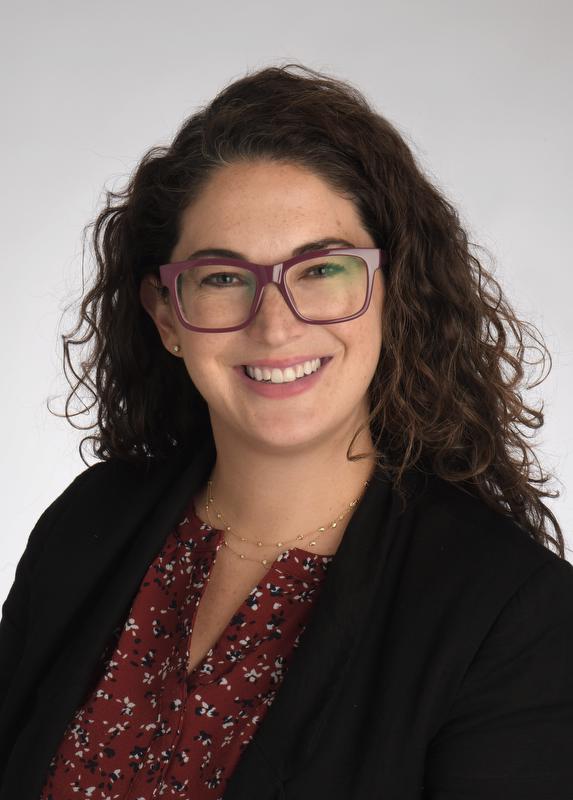 News
News
 Events · News
Events · News
 TL1 Trainee · News
TL1 Trainee · News
 TL1 Trainee · News
TL1 Trainee · News
 News
News
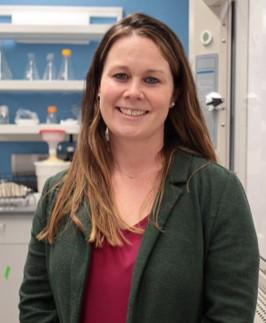 Funded Projects · News
Funded Projects · News
 News
News
 Partner News · News
Partner News · News
 TL1 Trainee · News
TL1 Trainee · News
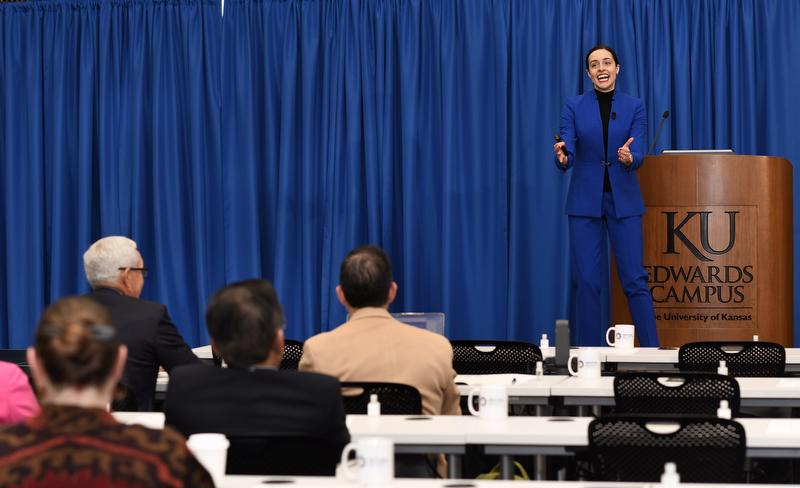 Events · News
Events · News
 KL2 Scholar · News
KL2 Scholar · News
 News
News
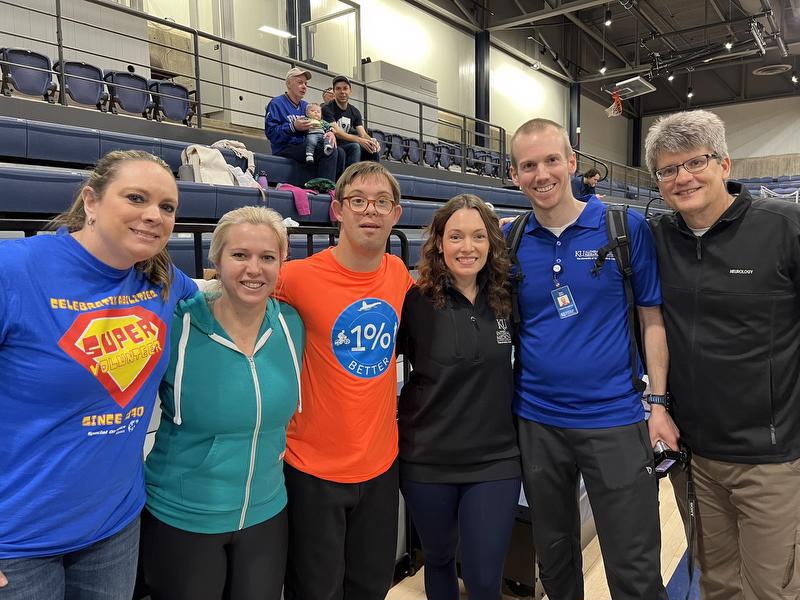 TL1 Trainee · News
TL1 Trainee · News
 News · KL2 Scholar
News · KL2 Scholar
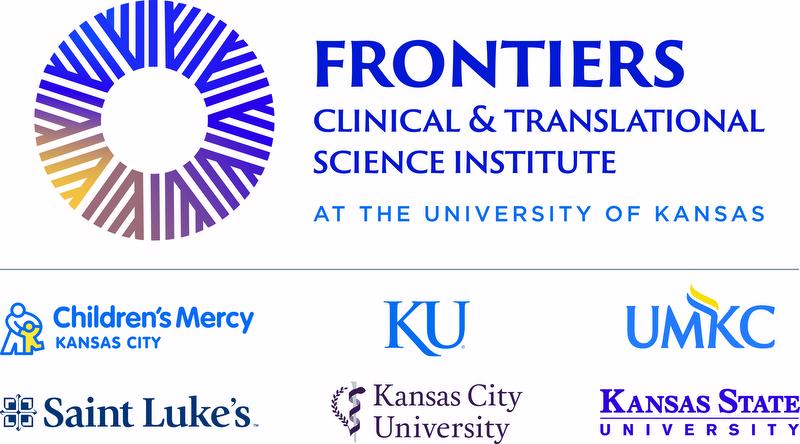
 TL1 Trainee · News
TL1 Trainee · News
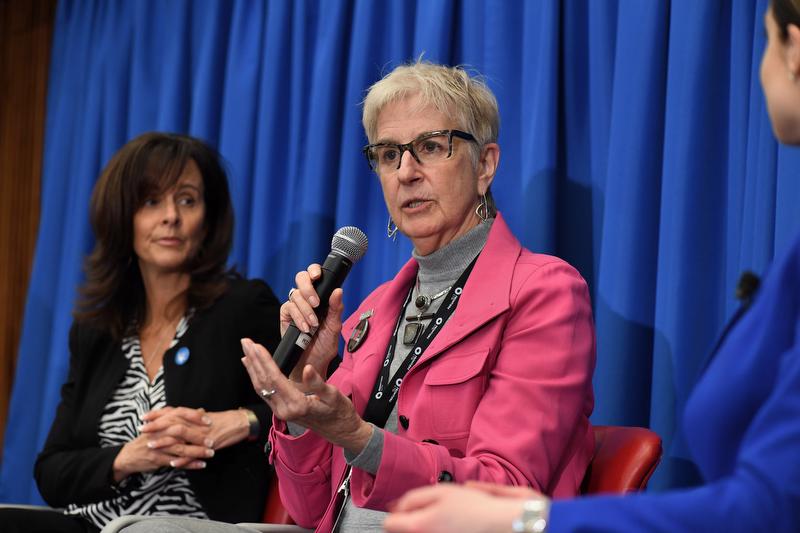 Events · News
Events · News
 News
News
 News
News
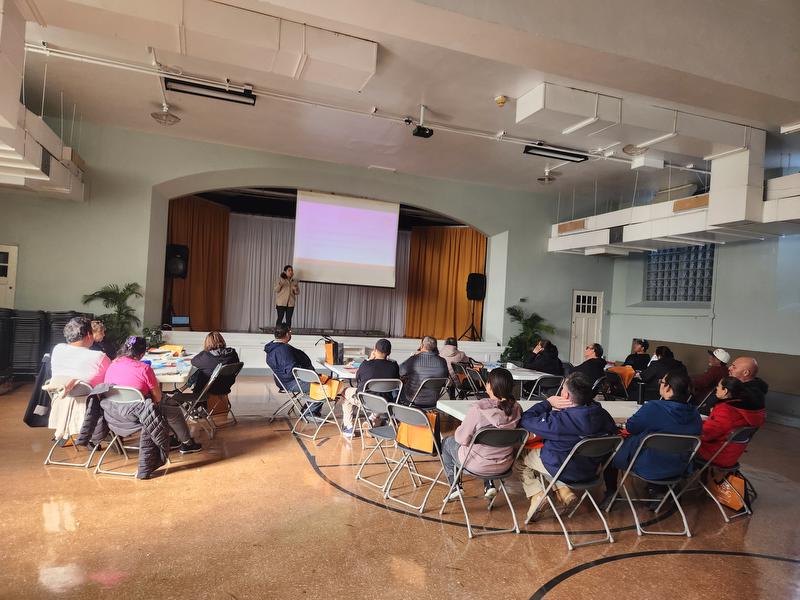

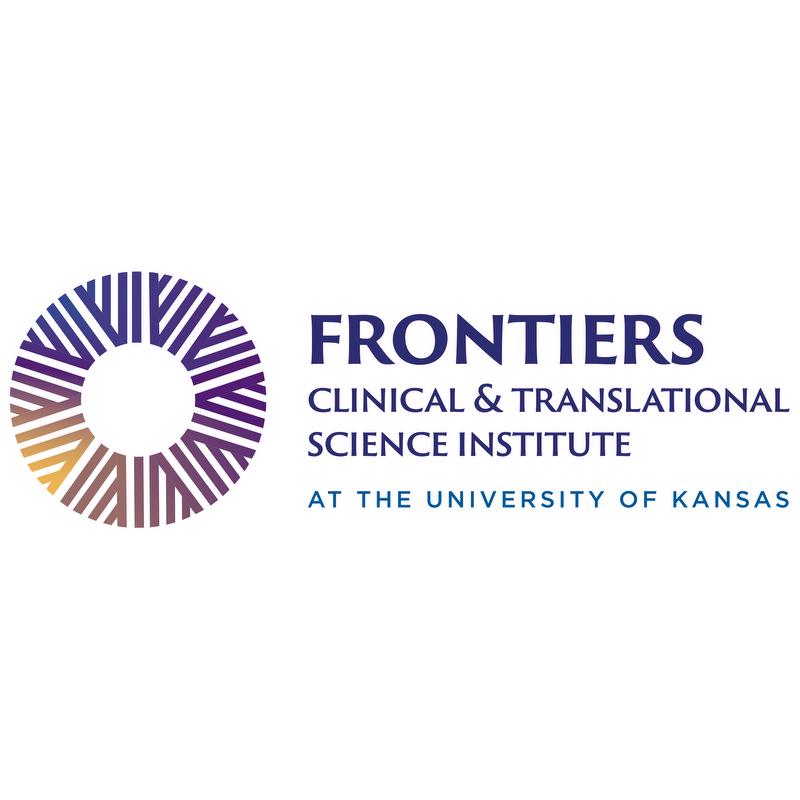 News
News

 40
40

 News
News
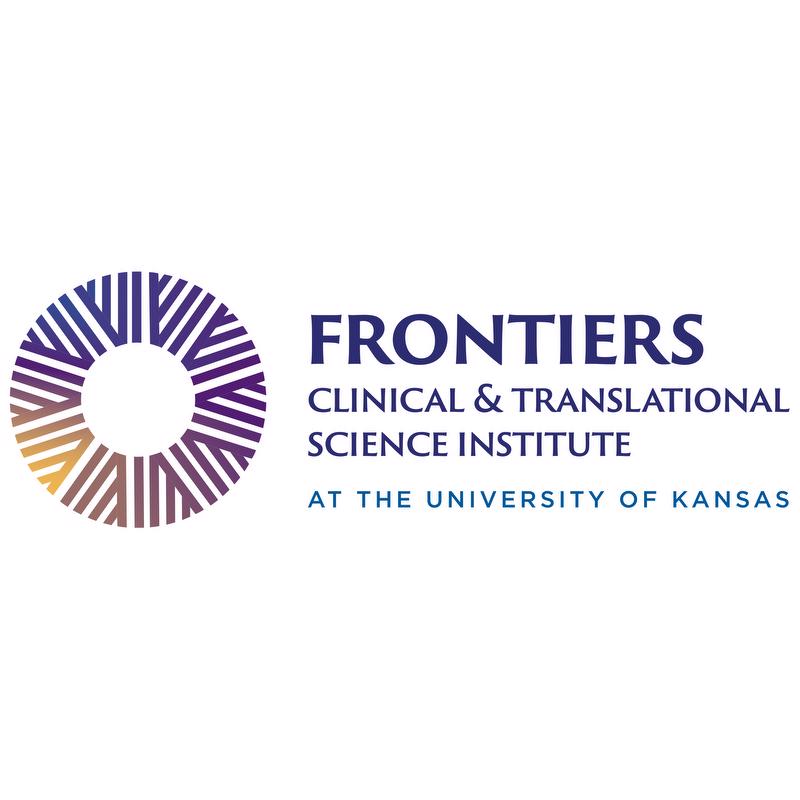 News
News
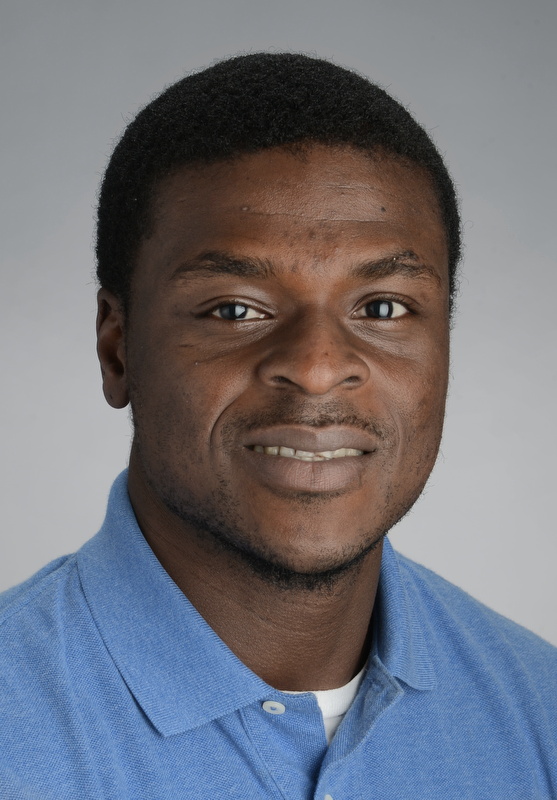 TL1 Trainee · News
TL1 Trainee · News
 News
News
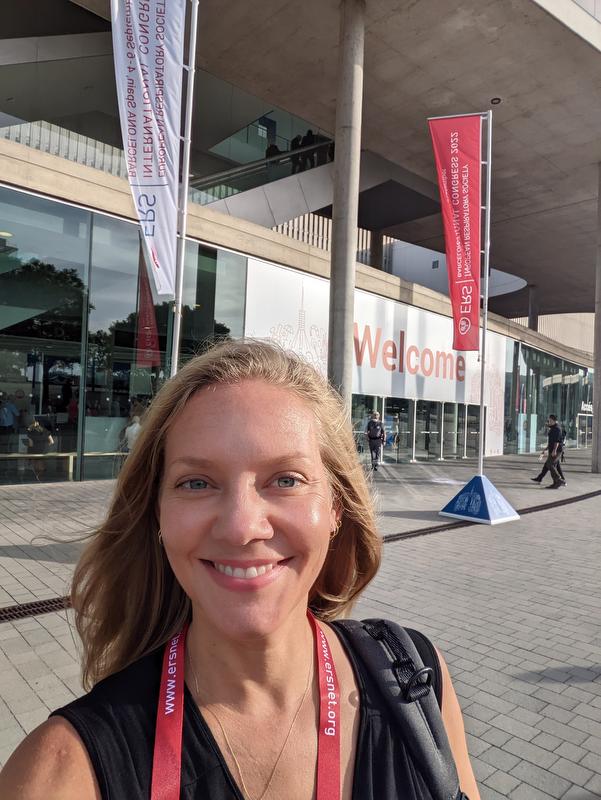 Funded Projects · News
Funded Projects · News
 News · In the Community
News · In the Community
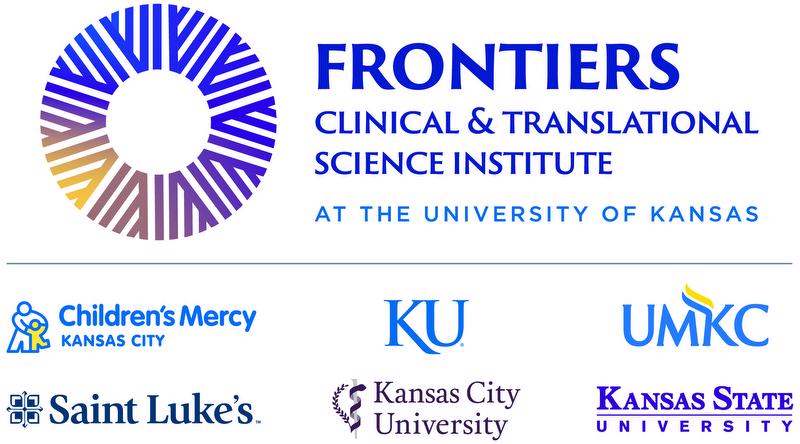 Funded Projects · News
Funded Projects · News
 In the Community
In the Community
 News · In the Community · Partner News
News · In the Community · Partner News
 KL2 Scholar · News
KL2 Scholar · News
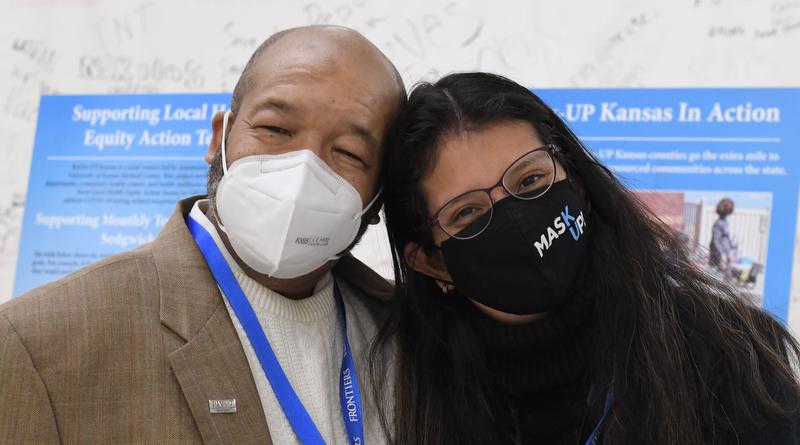 News · In the Community
News · In the Community
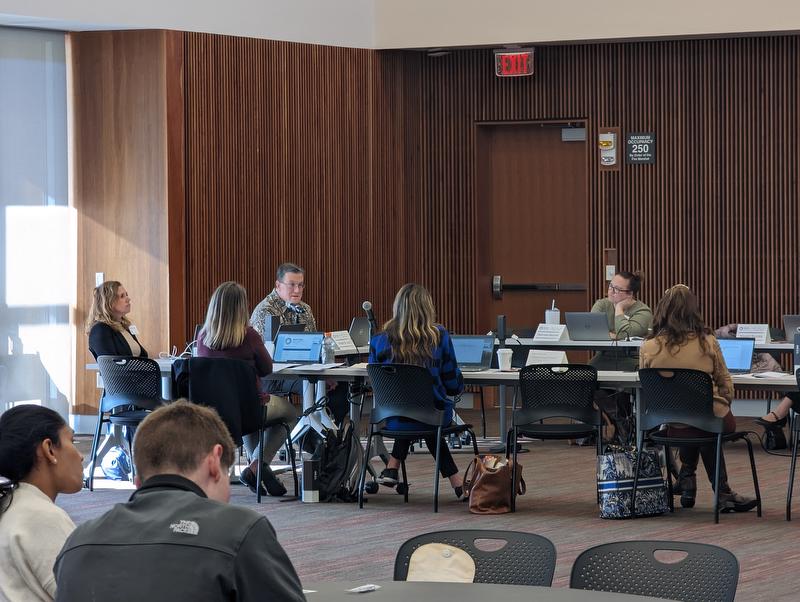 Events · News · Services
Events · News · Services
 Funded Projects · News
Funded Projects · News
 KL2 Scholar · Funded Projects · News
KL2 Scholar · Funded Projects · News
 TL1 Trainee · Funded Projects · News
TL1 Trainee · Funded Projects · News
 News
News
 News
News
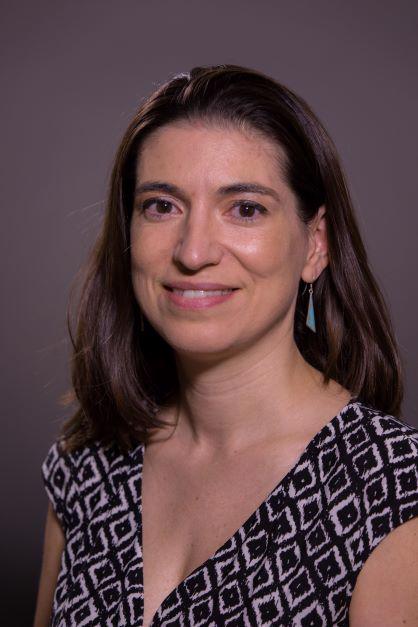 KL2 Scholar · Funded Projects
KL2 Scholar · Funded Projects
 KL2 Scholar · Funded Projects
KL2 Scholar · Funded Projects
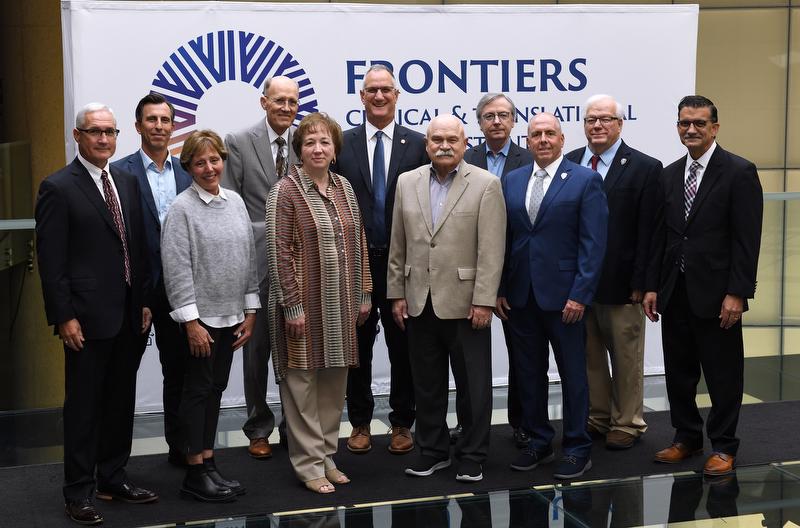 Events · News
Events · News
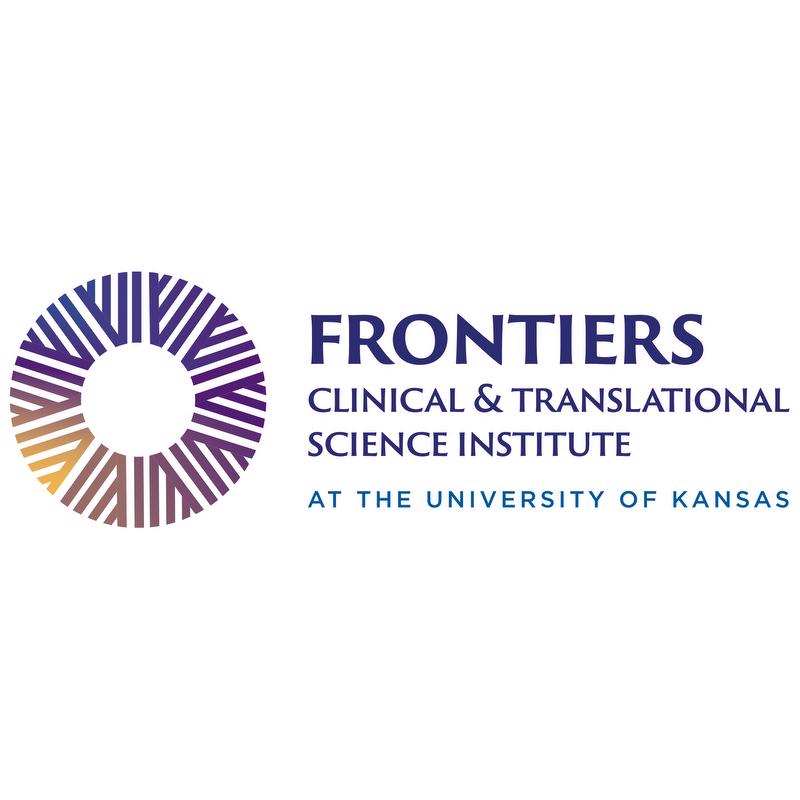 News
News
 KL2 Scholar · Funded Projects
KL2 Scholar · Funded Projects
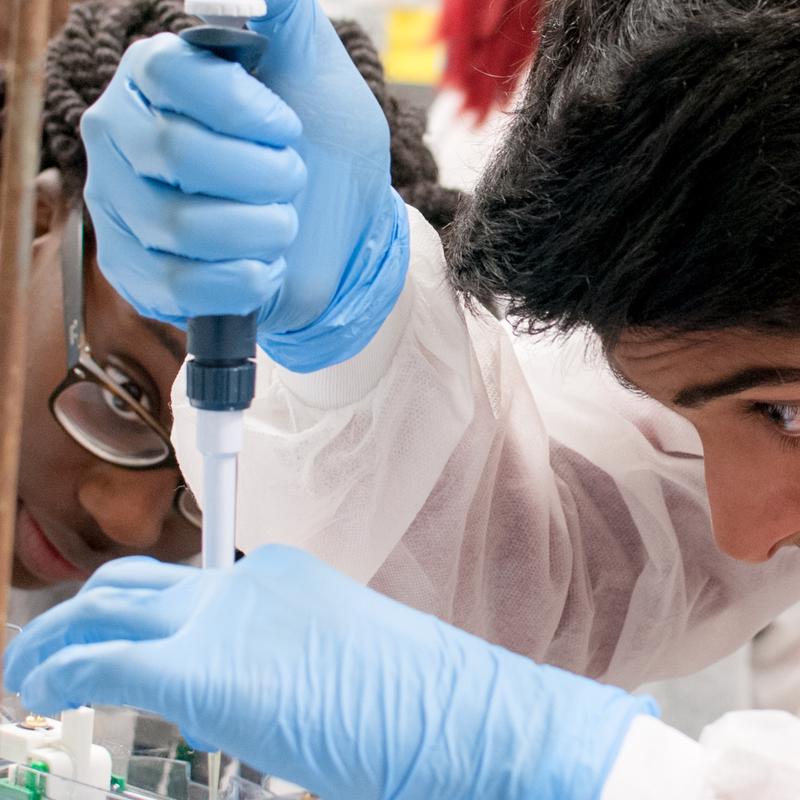 News
News
 Funded Projects
Funded Projects

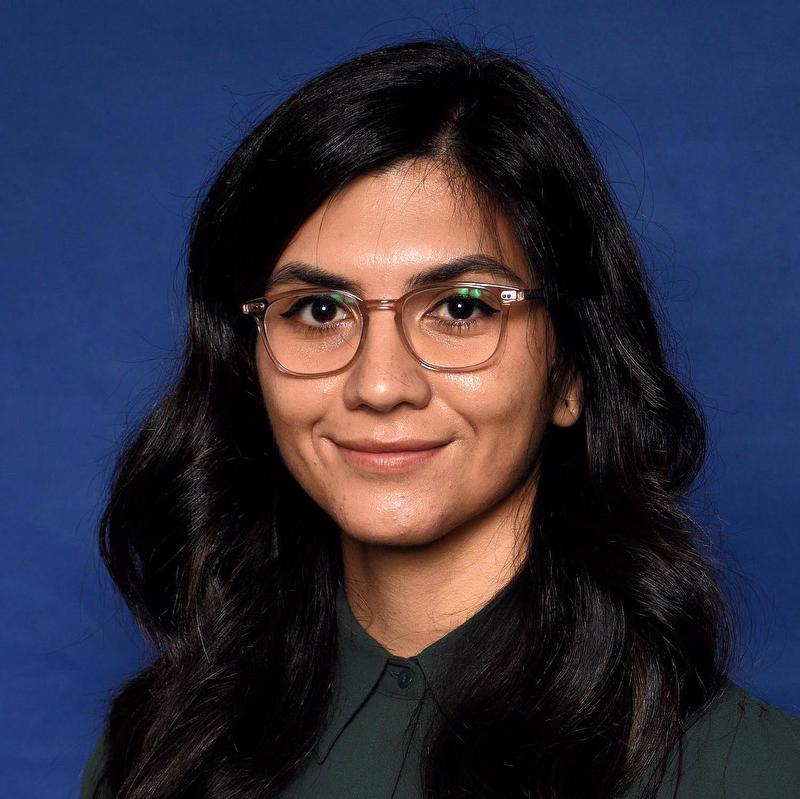 TL1 Trainee
TL1 Trainee
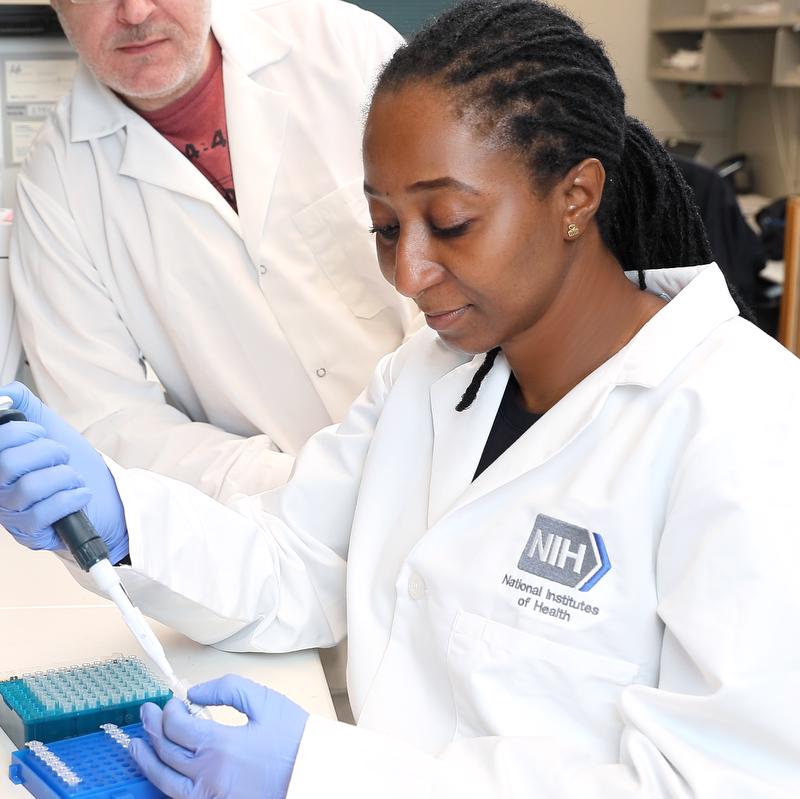 News
News
 Funded Projects
Funded Projects



